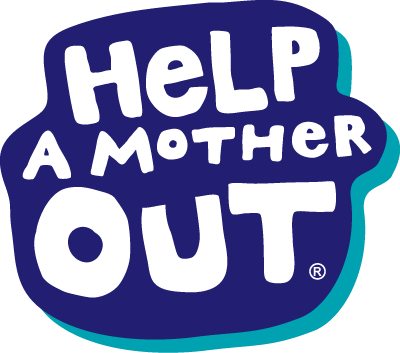Diapers, diapers, diapers. Is my baby crying because his diaper is full? Are the diapers the right size? Do the diapers need washing? Do I have enough diapers to see my child through the day? Of course, I have a four-week-old baby, which accounts for my diaper preoccupation and the fact that I’m typing this one-handed while I cradle him with my other arm. For many families in America, the simple lack of a healthy change of diapers required by child care providers – and therefore access to child care – is yet another barrier to escaping poverty; a barrier that can be easily lowered with the DIAPER Act.
“You could see the relief on her face when I said we could help with the diapers,” Lissette Cruz, director of a private child care in New Haven, Connecticut, shares about a recent interaction with a mother. Lissette meets constantly with families who are struggling to meet the basic needs of their families though working full-time or while enrolled in work-training programs. She explains that many young moms of children in her care are in work-training programs or work in retail where the hours are not consistent and the pay is low. While the state may help with some, but not all, child care expenses , the additional cost of supplying a healthy change of diapers is often more than these families can muster. WIC and Food Stamps (SNAP) do not cover diapers, toiletries or feminine hygiene products, and a healthy change of diapers costs at least $100 per month (more if your primary grocery store is a corner store that may sell diapers individually at inflated prices). The result of such diaper need: a child who must be kept at home in a dirty diaper, and a parent unable to make it consistently to work or training because of it.
The DIAPER Act was introduced by Congresswoman DeLauro (CT) this October. The Act seeks to amend the Child Care and Development Block Grant Act of 1990 in one simple way: by permitting local agencies who receive funds to determine if they want to use some of the Block Grant funds they currently receive to purchase diapers for qualified families. The DIAPER Act does not require additional funds.
Precious Little People, the child care Lissette directs, partners with the New Haven-based the Diaper Bank, a non-profit whose focus is on providing diapers to those in need. Across the country there are several diaper banks, but the need for diapers far outstrips the supply. The Diaper Act has the potential to grant access to child care for families across the nation who have previously been denied by their inability to consistently supply a healthy change of diapers. When I asked Lissette if having the option to use funds for diapers would help the qualifying children in her care, she said yes without hesitation. She also stated that it would help those who provide child-care by allowing more families to go back to work.
The DIAPER Act seeks to give states and local agencies MORE freedom to remove an identified barrier to participation in the work place.
When the topic of diaper need arises, inevitably the suggestion that cloth diapers be used is mentioned. Unfortunately, most child care providers require disposable diapers. As a parent who has cloth diapered her own children, I would love to see a shift in this requirement; but until that time we must not ignore the current needs of children for disposable diapers. There are significant problems for those families who do not have easy or regular access to washing facilities.
The DIAPER Act includes both cloth and disposable diapers in its description.
So how do we make this happen? The Child Care and Development Block Grant Act had broad bipartisan support in 1990 when signed by President George H. Bush. Ask your representative, no matter what the party, to co-sponsor the Diaper Act, H.R. 3134. Let them know that this action would empower state and local private, non-profit and for-profit agencies to help parents move off of welfare and into the workplace, and take children out of poverty.
And now, I’m off to change a diaper.
Show your support for the DIAPER Act by signing the online petition from Help A Mother Out.
For more information about the Diaper Act visit The Diaper Difference Coalition.
Photo at top used with permission: Nina Naylor Photography

